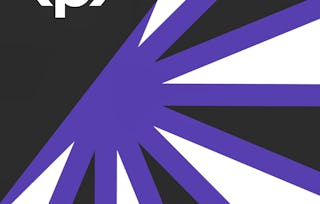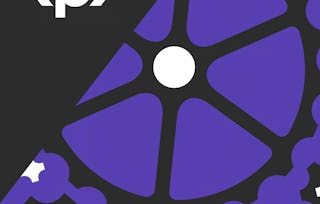This course focuses on UI/UX design principles and their application in Blazor Pages. You'll learn to create responsive, user-centered designs, leveraging Microsoft Copilot to enhance CSS, generate design suggestions, and improve workflows.

Blazor for Front-End Development
Seize the savings! Get 40% off 3 months of Coursera Plus and full access to thousands of courses.

Blazor for Front-End Development
This course is part of multiple programs.

Instructor: Microsoft
4,218 already enrolled
Included with
24 reviews
Recommended experience
Skills you'll gain
Tools you'll learn
Details to know

Add to your LinkedIn profile
26 assignments
See how employees at top companies are mastering in-demand skills

Build your subject-matter expertise
- Learn new concepts from industry experts
- Gain a foundational understanding of a subject or tool
- Develop job-relevant skills with hands-on projects
- Earn a shareable career certificate from Microsoft

Explore more from Mobile and Web Development
 Status: Free Trial
Status: Free Trial Status: Free Trial
Status: Free Trial Status: Free Trial
Status: Free Trial
Why people choose Coursera for their career

Felipe M.

Jennifer J.

Larry W.

Chaitanya A.
Learner reviews
- 5 stars
66.66%
- 4 stars
16.66%
- 3 stars
8.33%
- 2 stars
8.33%
- 1 star
0%
Showing 3 of 24
Reviewed on Mar 15, 2025
Outstanding topic easier practices and implementation
Reviewed on Nov 15, 2025
Overall course is really good. But I'm in a trouble, not knowing how many days it will take for after completeing my project. I'm waiting for the response it's been 3-5 days....

Open new doors with Coursera Plus
Unlimited access to 10,000+ world-class courses, hands-on projects, and job-ready certificate programs - all included in your subscription
Advance your career with an online degree
Earn a degree from world-class universities - 100% online
Join over 3,400 global companies that choose Coursera for Business
Upskill your employees to excel in the digital economy


